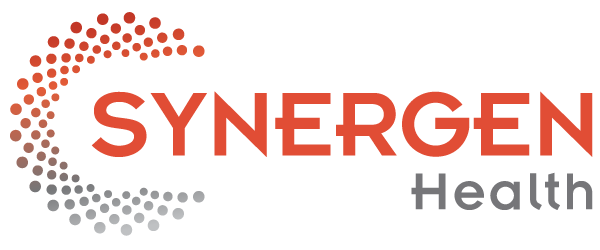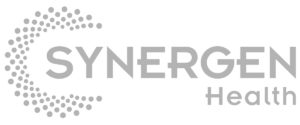
Medical billing during normal circumstances can be challenging to keep up with, but as providers enter this next phase of the pandemic, it is more important than ever that any denied claim gets resolved. This will be particularly important for claims related to vaccination billing.
Currently, providers face several challenges across the revenue cycle, which reduce their ability to scale, support, and streamline critical processes, resulting in increased denials and growing aged receivables, including:
- increased ad-hoc reporting based on vaccination locations and administration dates due to guideline/policy changes;
- monitoring variations across payer guidelines;
- costs associated with training and staffing;
- use of custom-made practice management systems offering limited visibility into gaps within their RCM cycle.
Here are three ways providers can reduce operating costs and optimize payer-provider collaboration to address the challenges of vaccination billing.
-
Leverage RPA to Drive Efficiencies
Due to the evolving payer guidelines for billing vaccines, providers need to monitor for updates. As they continue to face the challenges of the pandemic, providers must leverage automated processes to identify variations in payer policies and updated systems to handle un-insured and under-insured patient liability. Leveraging robotic process automation (RPA) providers can drive efficiencies by reducing the delays in claim submissions using discovery tools that identify missing insurance information.
-
Train Staff on Updated Procedures
Keeping everyone on the team up-to-speed on current procedures and standards will ensure correct billing and coding practices, which will significantly reduce the number of rejected claims. After implementing an RPA solution, billing staff must be trained to complete forms and become familiar with Medicare standards and other payor requirements. Often, claims are denied due to minor errors, so it is imperative staff is trained to complete forms as accurately as possible to minimize the number of denials due to common mistakes.
-
Use internal analytics to continue to monitor performance
Knowing how the organization is currently performing and against the comparison of industry benchmarks will allow leaders to be better informed about their current situation. By leveraging an analytical dashboard like DOCTRIX, providers can identify where there are opportunities across the revenue cycle – to gain efficiencies, or reduce redundant errors that should be corrected to improve cash flow and offer executive dashboards for more comprehensive visualization of performance trends.
As providers continue to face evolving pandemic challenges, it is mission-critical to improve billing efficiencies. In fact, we have been able to achieve these results for a group performing vaccine administration. Through the steps outlined above, we reduced denials by 11% and automated processes to capture insurance information. By working smarter, not harder, providers reduced delays in payment and days accounts are in A/R, as well as improved organizational costs.

